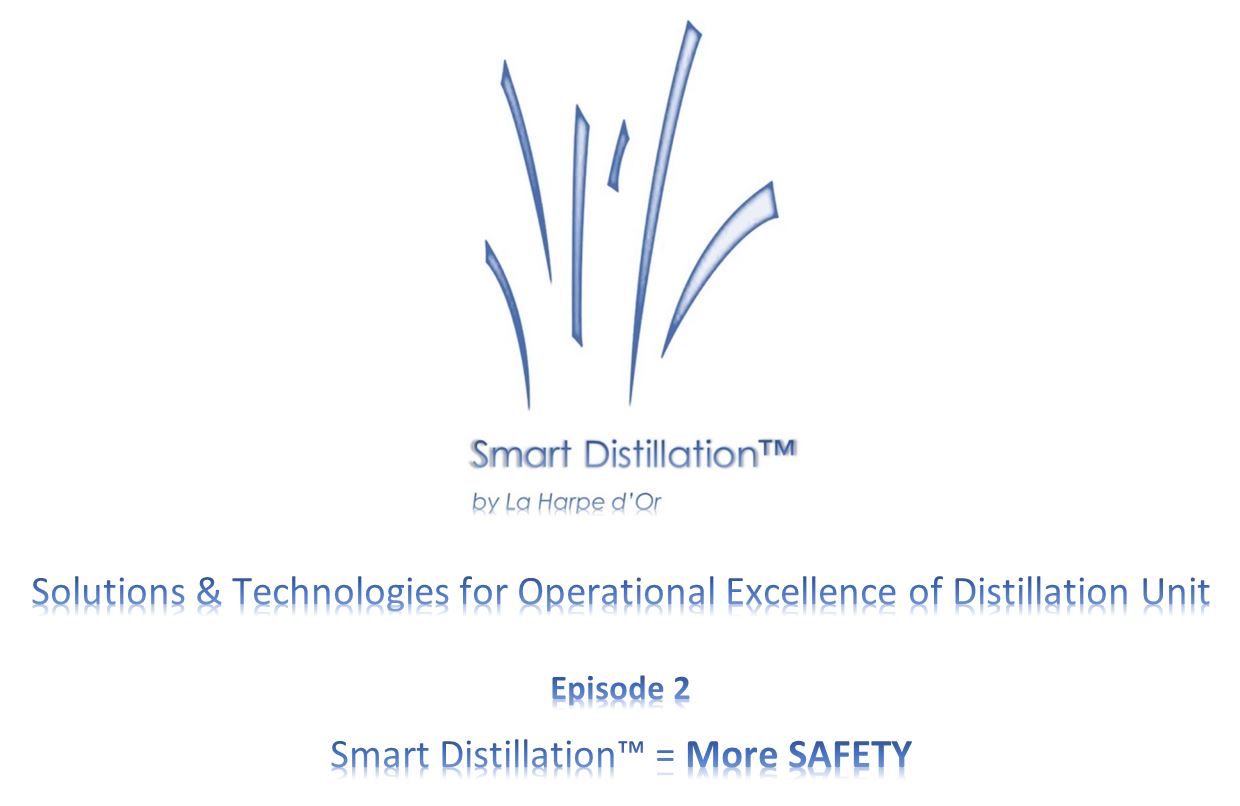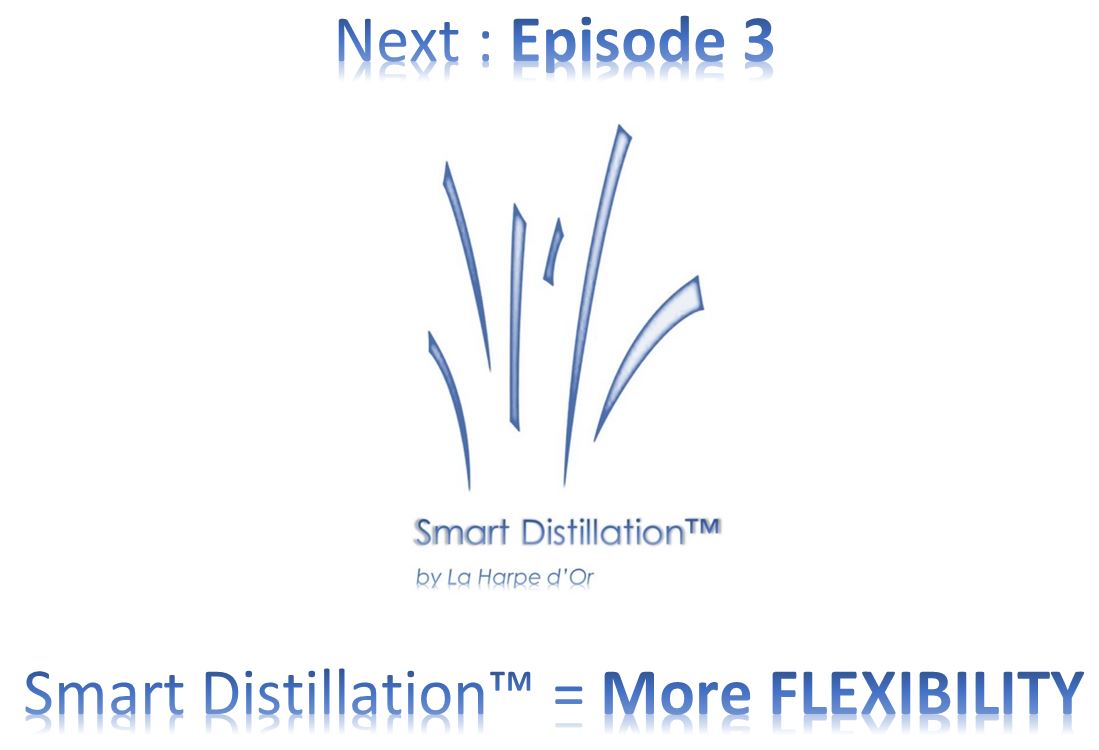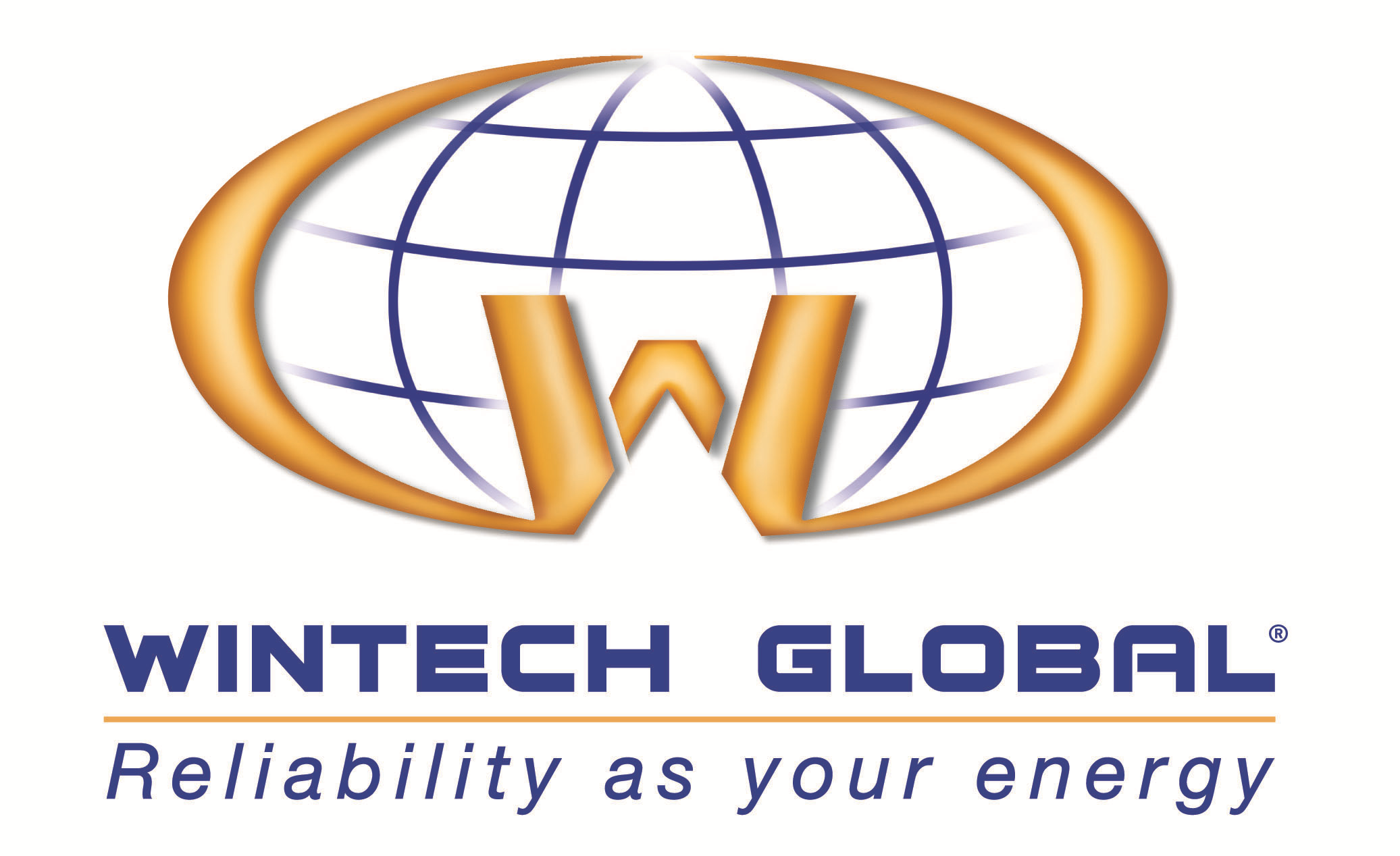Posted on 24 July 2018

What does ‘Smart Distillation’ mean?
The fact that the Distillation Unit is capable of operating with more difficult petroleum (see Episode 1) implies that this is done without endangering people and installations. For this, the unit must offer guarantees of reliability and resistance to corrosion phenomena inherent to the exploitation of these intrinsically more corrosive crudes.
To this end, technological solutions must be implemented to monitor and protect HT zones against corrosion by the combination of Sulphur/Naphthenic Acid while limiting fouling/plugging of equipment and HDT catalysts impairment. On the other hand, columns Top/Intermediate sections must be designed by anticipating the presence of chlorinated compounds whose corrosive effects can be extremely severe under certain conditions.
Of course, the operator makes every effort to limit the salt content in the desalted crude by adapting the operation of its desalter according to the crude oil or mixture of crude oils (injection of caustic at the desalter outlet must be properly optimized to avoid harmful overdoses to downstream units).
In any case, the desalting yield never reaches 100% and crudes more difficult to desalt and/or containing higher content of chlorinated species undoubtedly imply higher chlorinated salt contents in the desalted crude. The hydrolysis of these latter has the effect of generating HCl which, in contact with Amines or other ammonia compounds, can form extremely corrosive salts in the Intermediate zones of the columns.
Smart Distillation™ makes it possible to serenely anticipate both S/TAN changes and salt content fluctuations at desalter outlet, for safe operation with no risk of unplanned shutdowns, whatever the variations inherent in crude oil changes.

Smart Distillation™: Solutions & Technologies for Operational Excellence of Distillation Unit
Smart Distillation™ is a protected trademark by La Harpe d’Or
